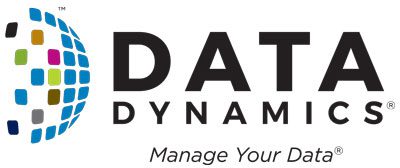So, what’s this all about? Nigel Farage, a well-known political figure, exercised his right to a SAR, seeking access to his personal data (PII) that was held by a certain organization. A Subject Access Request (SAR) is a powerful tool that empowers individuals to access information about their own personal data that organizations hold. It plays a pivotal role in data protection laws, including the General Data Protection Regulation (GDPR) in the European Union and similar regulations in various other regions. The GDPR is a comprehensive data protection regulation that came into effect in 2018. It places stringent requirements on organizations that process the PII of EU residents, regardless of where the organization is located. The GDPR emphasizes transparency, informed consent, data minimization, and the right to access and delete personal data. Non-compliance can result in fines of up to 4% of global annual revenue or €20 million, whichever is higher. Similarly, the CCPA, which became effective in 2020, aims to enhance privacy rights and consumer protection for California residents. It grants individuals the right to know what personal information is collected about them, the right to opt out of the sale of their information, and the right to request the deletion of their data. Non-compliance can lead to significant financial penalties.
These regulations are just two examples of a growing global trend toward strengthening data protection and PII management. They help individuals their right to be informed about how their Personally Identifiable Information (PII) is being processed and to obtain access to this data when requested. The primary goal here is to hand individuals greater control over their personal data, allowing them to comprehend how organizations use, store, and share their information.
Now, let’s address the elephant in the room – why is PII so important in data management? Well, PII refers to any data that can identify you – your name, address, financial details, and more. Basically, it’s the digital equivalent of your personal diary. Protecting this information is vital for ensuring your privacy and safeguarding against potential data breaches and regulatory frameworks like GDPR and CCPA play a crucial role in guiding organizations in handling PII responsibly. After all, no one wants their private life splashed all over the internet! Here’s a closer look at the potential risks and repercussions:






